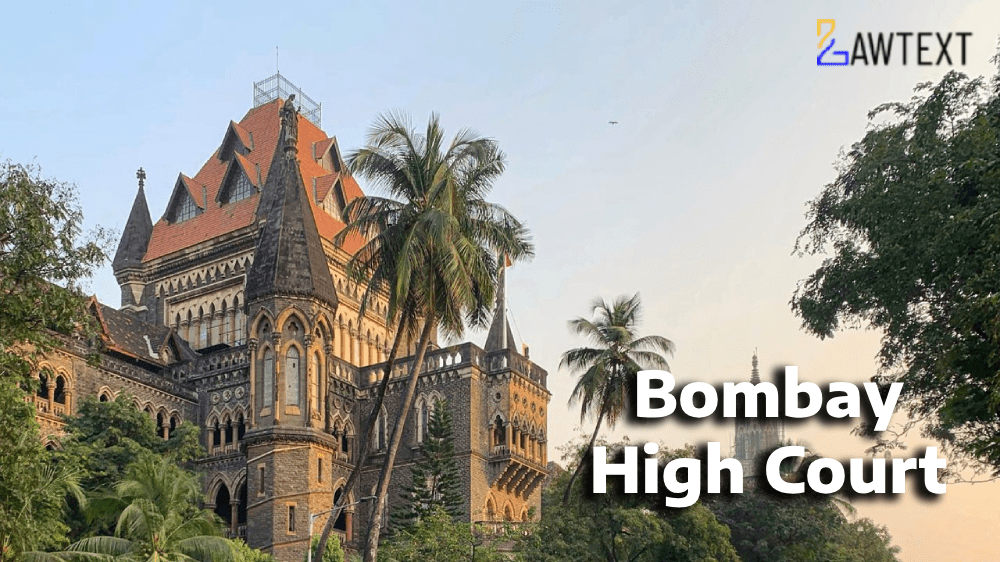

Judicial Power – Clerical or Accidental Errors – Distinction Between Review and Amendment – Execution of Decrees – Correction of Judgment to Reflect True Intent
a. Power under Section 152 CPC is limited to clerical or accidental slips and does not extend to reconsidering the merits of the judgment.
b. Correction of a misdescription in a decree to align with the findings in the judgment is permissible.
c. A decree should reflect the actual intent of the judgment, and courts have an inherent duty to correct mistakes that would otherwise prevent proper execution.
The High Court dismissed the writ petition, affirming the District Judge’s order. The Court held that the correction did not alter the merits of the case but merely rectified an accidental omission. Section 152 CPC allows correction of clerical or accidental mistakes, even post-decree, without altering substantive rights.
Amendment of Judgment – Accidental Slip – Clerical Error – Misdescription of Property – Execution of Decree – Inherent Powers – Review v. Amendment – Writ Jurisdiction – Adverse Possession – Title Dispute
a. Nature of the Litigation: The dispute arose from a correction in the judgment and decree regarding possession of land, claimed by the plaintiff. The defendant challenged the correction under writ jurisdiction.
b. Who Approached the Court and for What Remedy: The petitioner (defendant) sought to quash the amendment order passed by the District Judge under Section 152 of the CPC, arguing that the correction amounted to a substantive modification, which was beyond the scope of Section 152.
c. Reason for Filing the Case: The petitioner contended that the decree originally granted possession of entire Block Nos. 593 and 535, while the suit was only for possession of half of Block No. 535. The correction, therefore, allegedly exceeded the court's jurisdiction.
d. Previous Decisions:
a. Whether the District Judge had the power under Section 152 CPC to amend the decree in the manner done.
b. Whether the correction was merely a clerical or accidental slip or amounted to a substantial modification of the decree.
c. Whether the correction was necessary to reflect the true intent of the First Appellate Court’s judgment.
Petitioner’s Contention (Defendant):
Respondent’s Contention (Plaintiff):
Citation: 2025 LawText (BOM) (3) 135
Case Number: WRIT PETITION NO. 3558 OF 2022
Date of Decision: 2025-03-13
Case Title: Ramprabhu Gopinath Kapse Versus Shevantabai Baburao Kapse
Before Judge: N. J. JAMADAR, J.
Advocate(s): Mr. Ashutosh Kulkarni, i/b Akshay Kulkarni, for the Petitioner. Mr. Sameer Kumbhkoni, a/w Anjali Shaw and Chaitanya Joshi, for the Respondent.
Appellant: Ramprabhu Gopinath Kapse
Respondent: Shevantabai Baburao Kapse